Keeping Your Snail Alive: Basic Jeep Turbo-Engine Maintenance
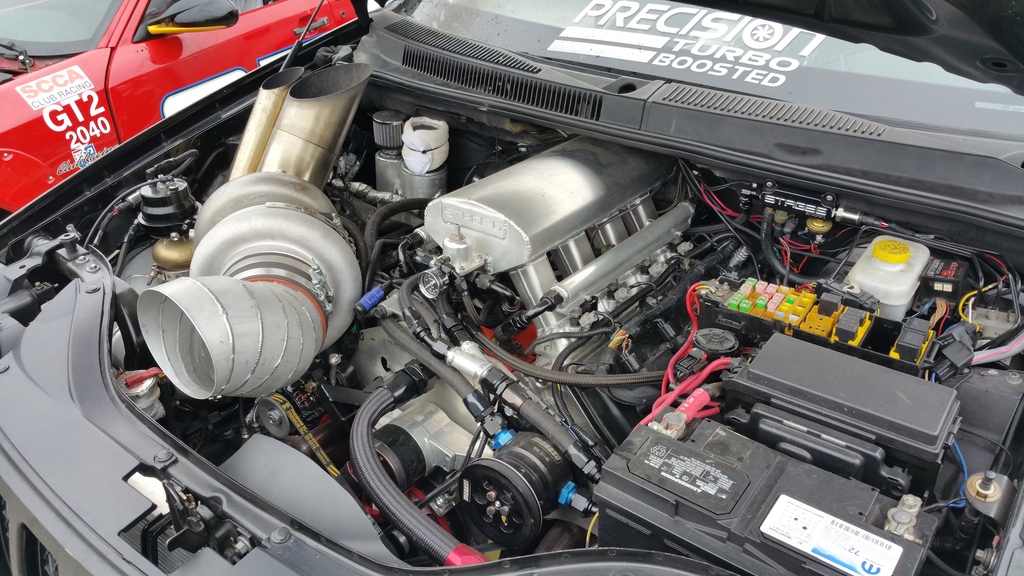
As Jeep begins to add turbochargers to its vehicle line up, you begin to worry about new things to keep maintained. However, your vehicle’s maintenance hasn’t gotten more complicated, for the most part, but your standard maintenance has become more critical. Here are a few things to look out for and keep in mind with your new, factory Turbo-Jeep.
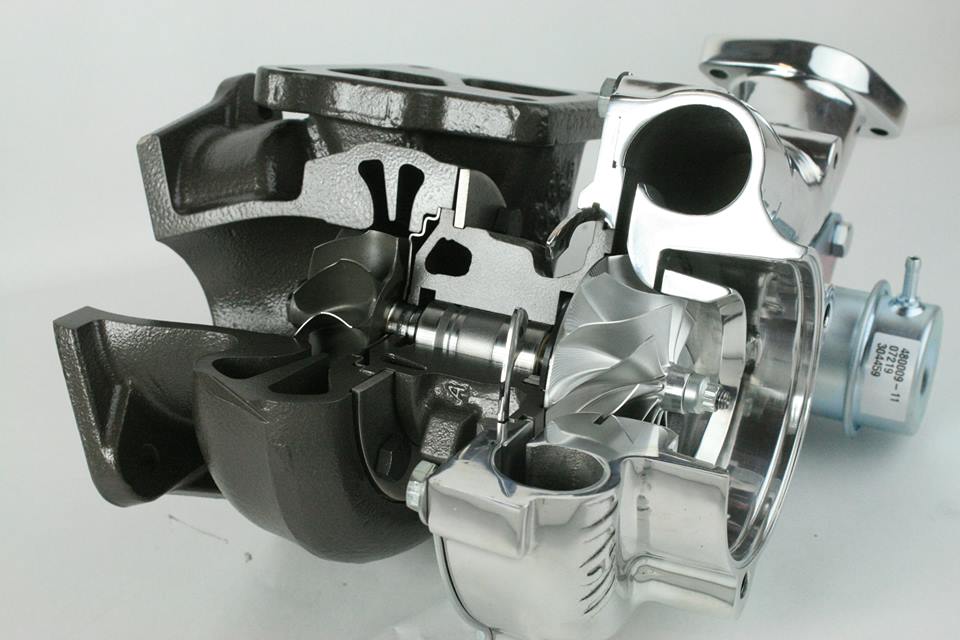
First, if you are unfamiliar with how a turbocharger works and how it’s different from a belt driven supercharger, checkout our “All About Turbochargers” articles. You’ll dive so far into turbos you will definitely be more informed.
And we also have MotorTrend‘s video below to help you out…
With a turbo, your factory maintenance intervals have become more important. You will need to stick with the mileage and recommended fluids and weights that Jeep says you need. Even for those of you who went the aftermarket route to boost your engine’s performance, you’ll need to use the recommended oil weight.
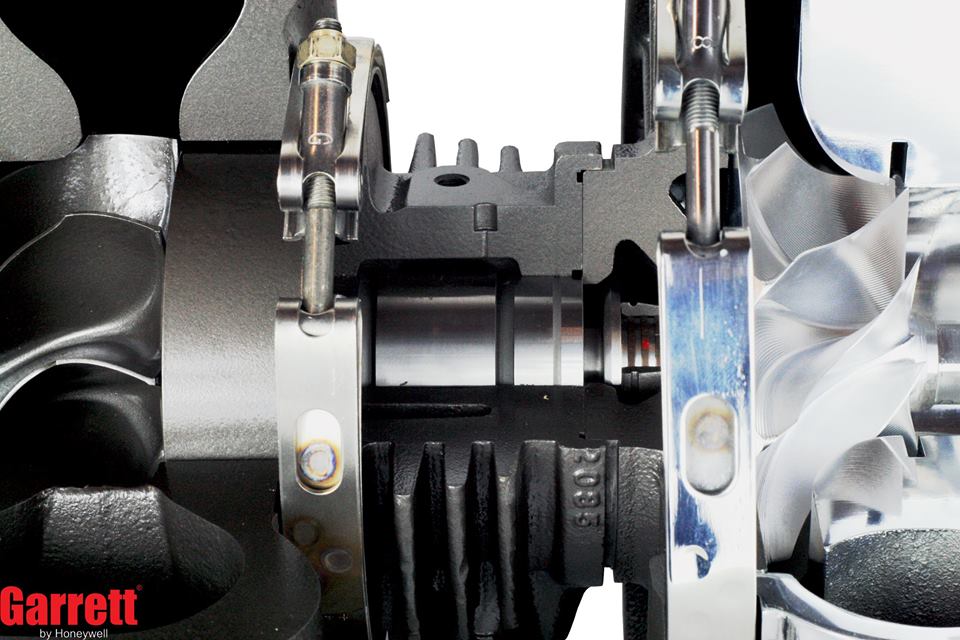
While a naturally aspirated engine can get away with thicker oil, to a degree, a turbo uses your oil to not only lubricate the bearing in the turbo cartridge, but it’s also what helps keep the turbo cool.
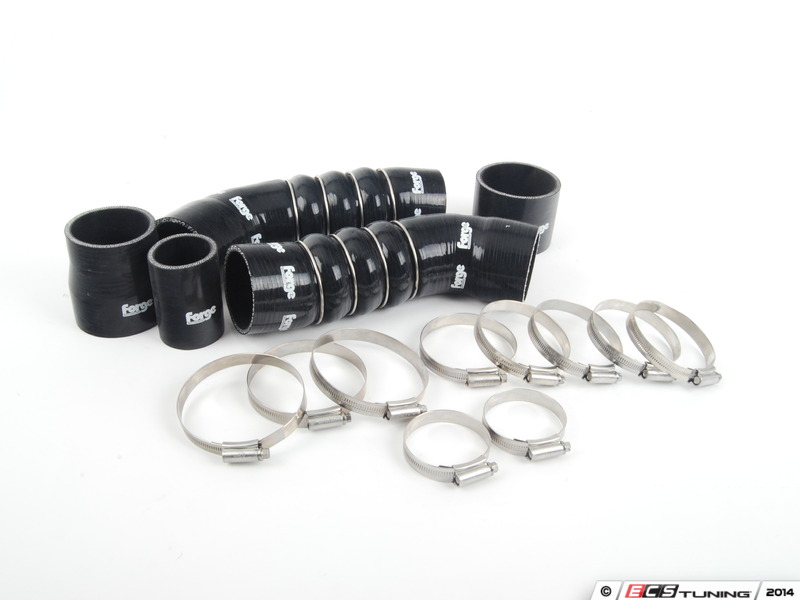
You’re also going to want to start looking at the extra hoses that are now in your intake system. From the turbo to the intercooler (if equipped) to the intake manifold, there will be specifically engineered hoses that are used to take boost pressure that your turbocharger produces. Normal rubber isn’t going to cut it and, while you may see a hose that looks like a radiator hose, you can’t use that. You have to have a hose that is designed to take the additional pressure on top of atmospheric pressure, and it’s a pretty specialized hose construction. In extreme cases, you may not see hoses but steel pipes instead, and your OEM-replacement stuff won’t be that.
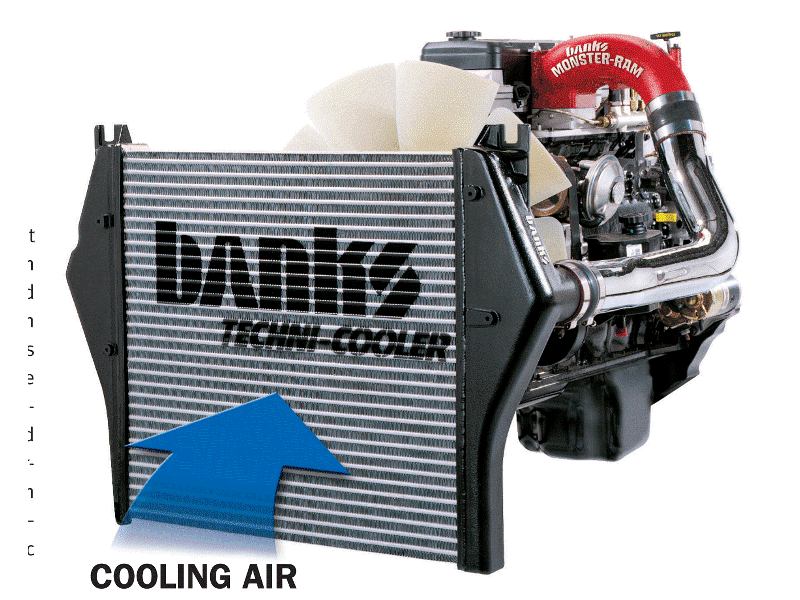
You’ll also want to keep a closer eye on your intercooler, again if equipped, as damage to it can cause some pretty bad consequences. If crushed, you restrict airflow, and if there is a hole, air escapes. Either way, you lose power or cause the engine to not run at all. You’ll also want to make sure it stays as clean as possible. Much like your radiator, the intercooler is used to cool the charged air coming in. You can run on that hotter air to a certain point, but you will make less power, so keep it clean from debris.
